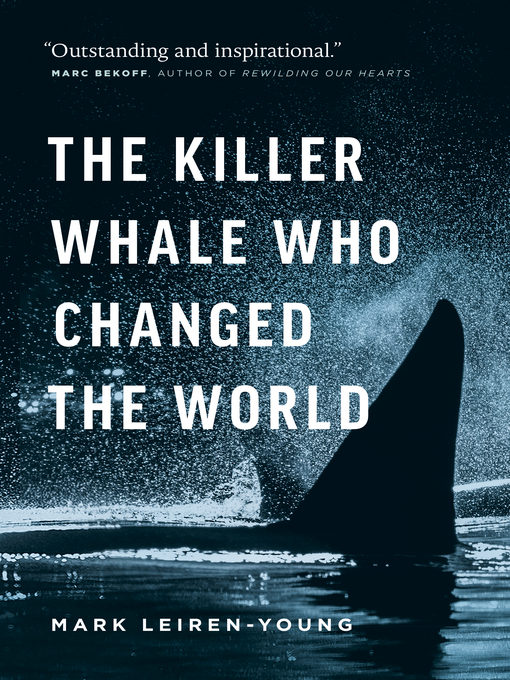The fascinating and heartbreaking account of the first publicly exhibited captive killer whale — a story that forever changed the way we see orcas and sparked the movement to save them.
Killer whales had always been seen as bloodthirsty sea monsters. That all changed when a young killer whale was captured off the west coast of North America and displayed to the public in 1964. Moby Doll — as the whale became known — was an instant celebrity, drawing 20,000 visitors on the one and only day he was exhibited. He died within a few months, but his famous gentleness sparked a worldwide crusade that transformed how people understood and appreciated orcas. Because of Moby Doll, we stopped fearing “killers" and grew to love and respect “orcas."
Published in Partnership with the David Suzuki Institute


